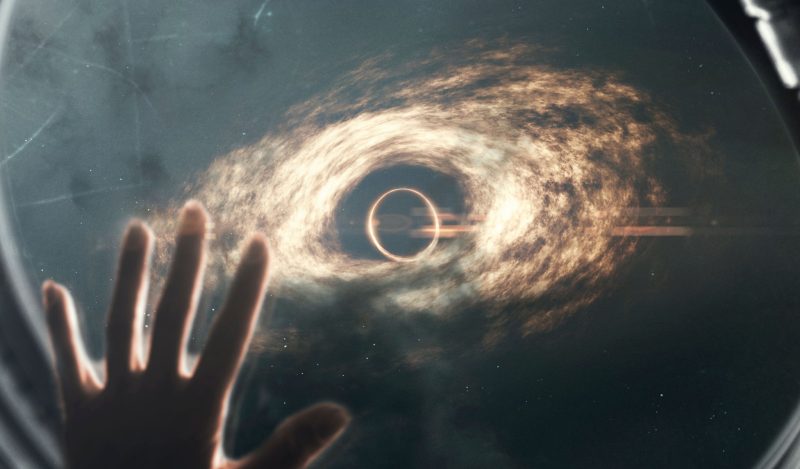Many citizens of the West believe that they live in free societies, or something close. But as time goes on, public authorities increasingly insist on having a say in everything.
People cannot build things on their own land without permits. They cannot run businesses without approvals and inspections. They cannot give advice without professional designations. They cannot educate their children outside of state-mandated curricula. They cannot hire employees without triggering a myriad of workplace and tax requirements. They cannot produce and sell milk, cheese, or eggs without a license. They cannot earn money, spend money, or hold property without being taxed, and then taxed again.
Jeffrey Tucker recently described three layers of omnipotent managerial technocracy.
The deep state, he suggested, consists of powerful and secretive central government agencies in the security, intelligence, law enforcement, and financial sectors.
The middle state is a myriad of ubiquitous administrative bodies – agencies, regulators, commissions, departments, municipalities, and many more – run by a permanent bureaucracy.
The shallow state is a plethora of consumer-facing private or semi-private corporations, including banks, Big Media, and huge commercial retail companies, which governments support, protect, subsidize, and pervert. The three layers work together.
For instance, in the financial sector, as Tucker illustrates, the deep state’s Federal Reserve pulls the powerful strings, the middle state’s financial and monetary regulators enforce myriad rules and policies, and the shallow state’s “private” titans like BlackRock and Goldman Sachs dominate commercial activity. It’s a system, Tucker writes, “designed to be impenetrable, permanent, and ever more invasive.”
We are approaching state singularity: the moment when state and society become indistinguishable.
In physics, a “singularity” is a single point in space-time. Inside black holes, gravity crushes volume to zero and mass density is infinite. In computer science, “technological singularity” is unitary artificial superintelligence. At the singularity, everything becomes one thing. Data points converge. Normal laws do not apply.
At state singularity, the state becomes society and society is a product of the state. Legal norms and expectations become irrelevant. The state’s mandate is to do as it judges best – since everything and everyone are expressions of its vision. Powers are not separated between the state’s branches – the legislature, the executive, the bureaucracy, and the courts. Instead, they all do whatever they deem necessary. The bureaucracy legislates. Courts develop policy. Legislatures conduct hearings and prosecute cases. Government agencies change policies at will. The rule of law may be acknowledged as important in principle while it is rejected in practice.
State singularity is the ultimate collectivism. It resembles old-style fascism and communism, but it is neither. Fascist states enforce an idea, often nationalist in sentiment (“The motherland for the superior race”), and recruit private actors, especially corporations, to the cause. Communist regimes champion the working class and outlaw private property (“Workers of the world unite”). Singularity, in contrast, is not propelled by an idea other than singularity itself. To justify its own hegemony, the state champions a variety of other causes. In the modern era, social justice, climate change, transgender rights, feminism, economic reform, and many more have served to extend the state’s reach. Problems are rarely solved, but that is not the reason for taking them up.
State singularity develops gradually and insidiously. Whereas fascist, communist, and other centralized power regimes often result from deliberate political revolution, in the West omnipotent managerial technocracy has grown, spread, and infiltrated the nooks and crannies of social life without sudden political upheaval. Like a form of institutional Darwinism, public agencies, no matter their formal purpose, seek to persist, expand, and reproduce.
At the singularity, all solutions to all problems lie with government in its various forms. More, never less, programs, rules, initiatives, and structures are the answer. Like black holes, state singularities absorb and crush every other thing. Corporations serve state interests and participate in managing the economy. Singularities destroy voluntary community organizations by occupying the space and placing obstacles in the way. Both the left and the right seek to harness state power to craft society in their image.
In a singularity, one cannot propose to eliminate government. Doing so would be contrary to prevailing ideology and vested interests, but more fundamentally, the idea would be incomprehensible.
And not just to officials. Citizens dissatisfied with the services they receive want more service and better policy. When schools sexualize their children, they demand changes to the curriculum instead of the end of public schools. When monetary policy makes houses expensive, they demand government programs to make them cheap instead of the end of central banks. When government procurement is revealed to be corrupt, they demand accountability mechanisms instead of a smaller government. State singularity is found not just in the structures of government but in the minds of the people.
Modern states have capacities they have never had before. Technological advances are providing them with the ability to monitor spaces, supervise activities, collect information, and require compliance everywhere all the time. In the collectivist regimes of old, governments knew only what human eyes and ears could tell them. Soviet authorities were tyrannical, but they could not instantaneously monitor your cell phone, bank account, fridge, car, medications, and speech.
We are not at the singularity yet. But have we crossed the event horizon? At a black hole, the event horizon is the point of no return. Gravity becomes irresistible. No matter or energy, including light, can escape the pull to the singularity at the core of the abyss.
Our event horizon beckons. We cannot evade it by merely slowing down on the path that we are on. Liberation requires escape velocity in the other direction.
Join the conversation:


Published under a Creative Commons Attribution 4.0 International License
For reprints, please set the canonical link back to the original Brownstone Institute Article and Author.









